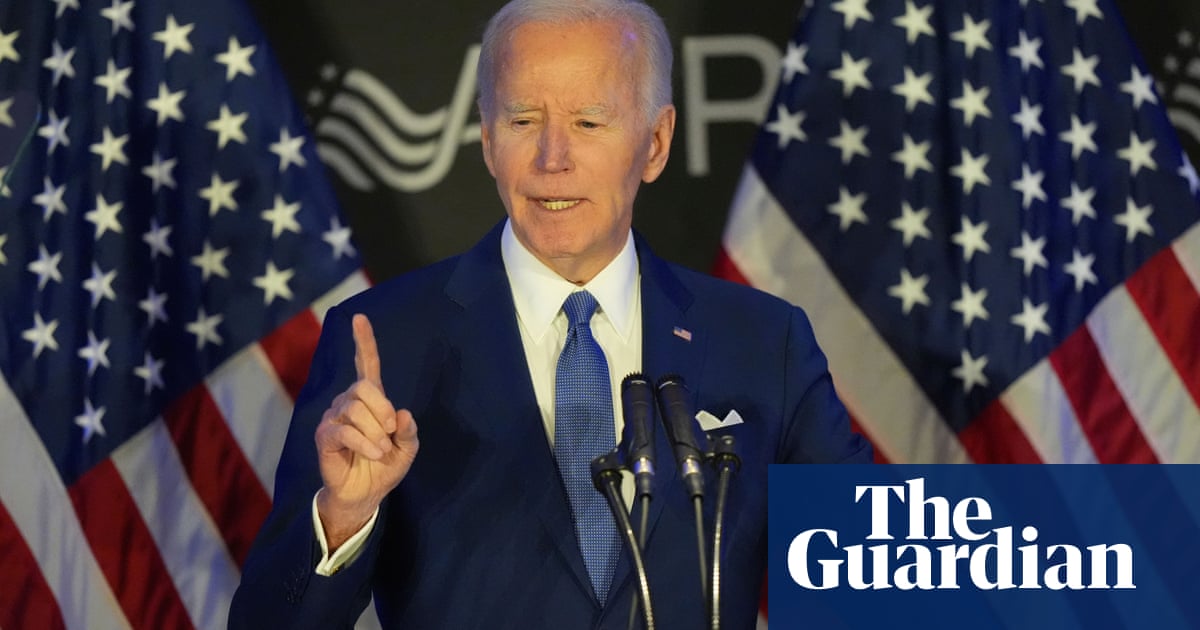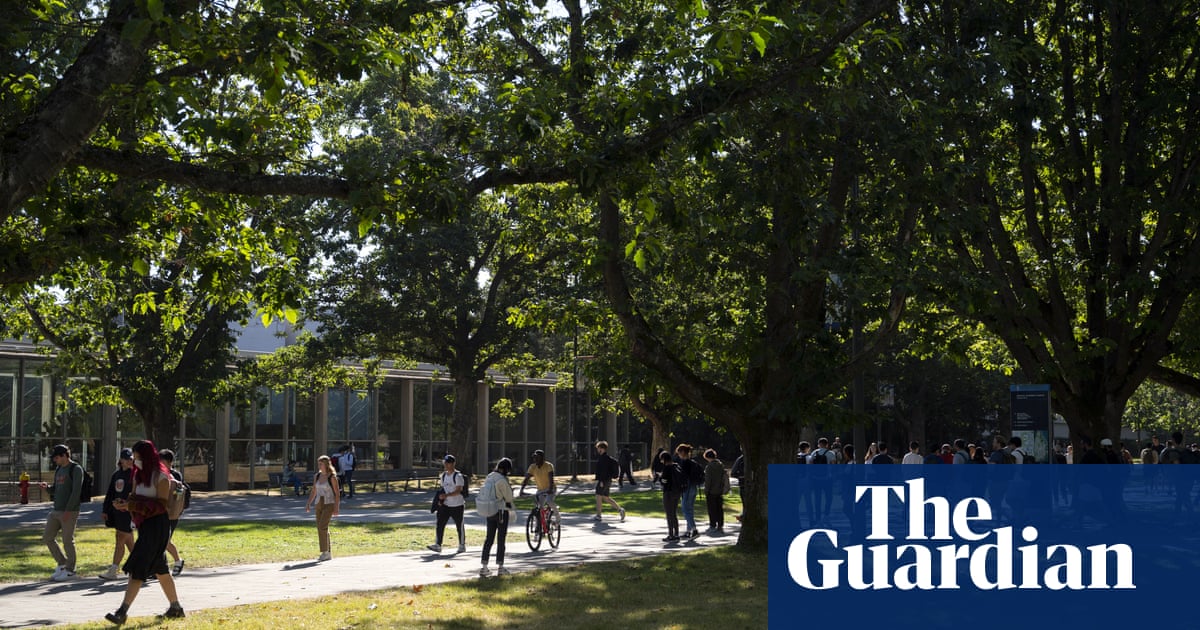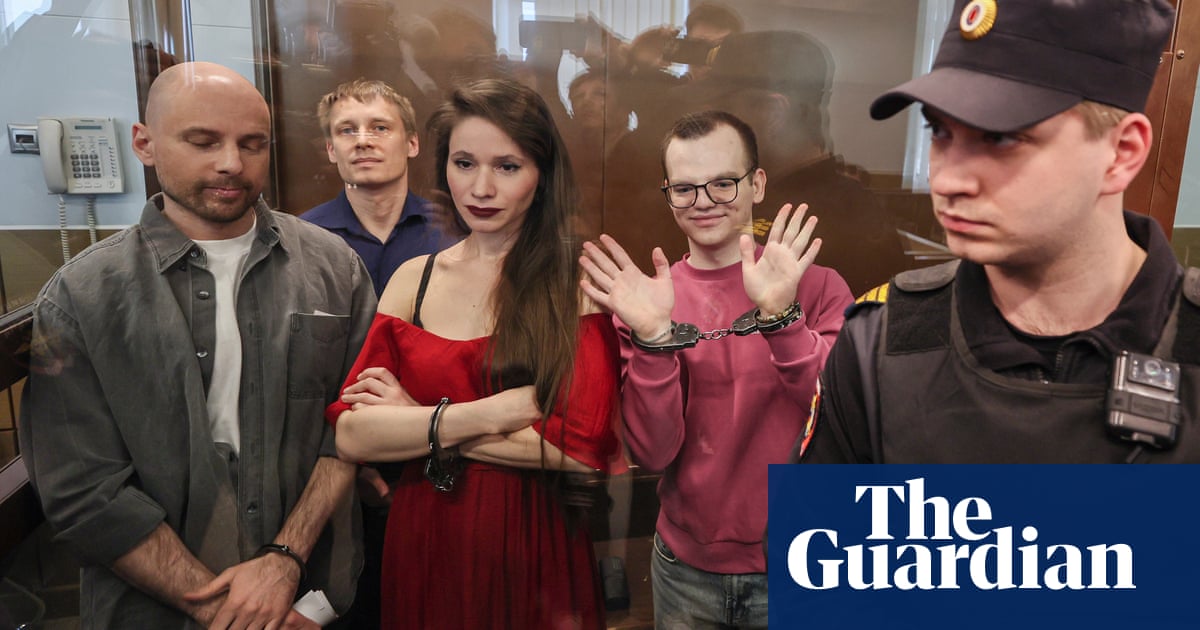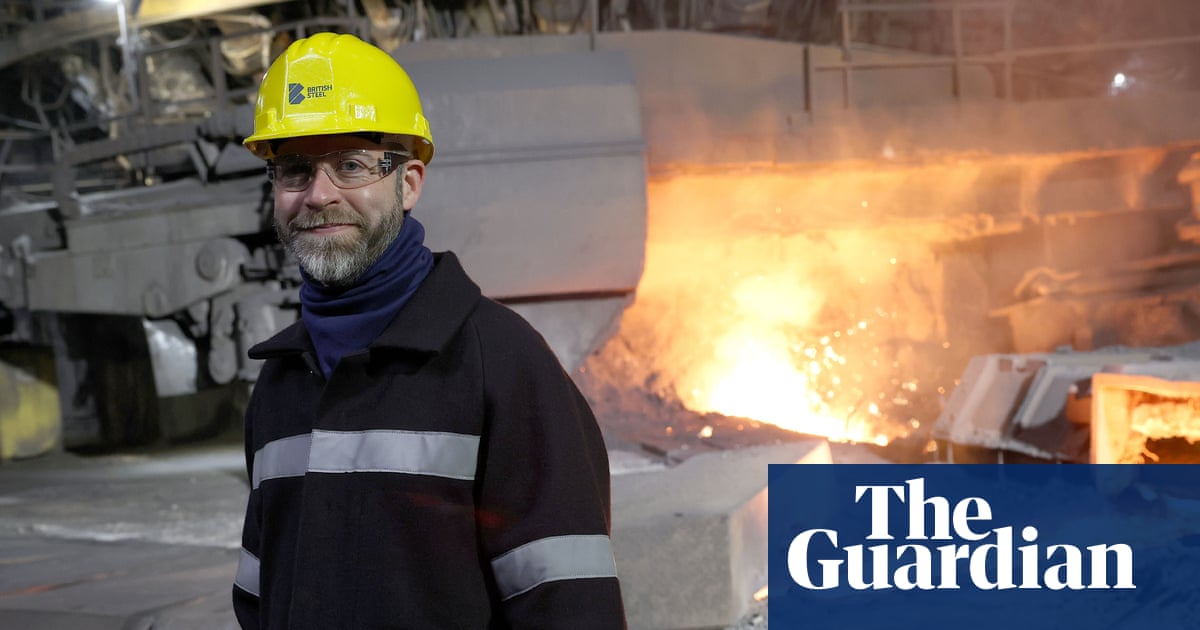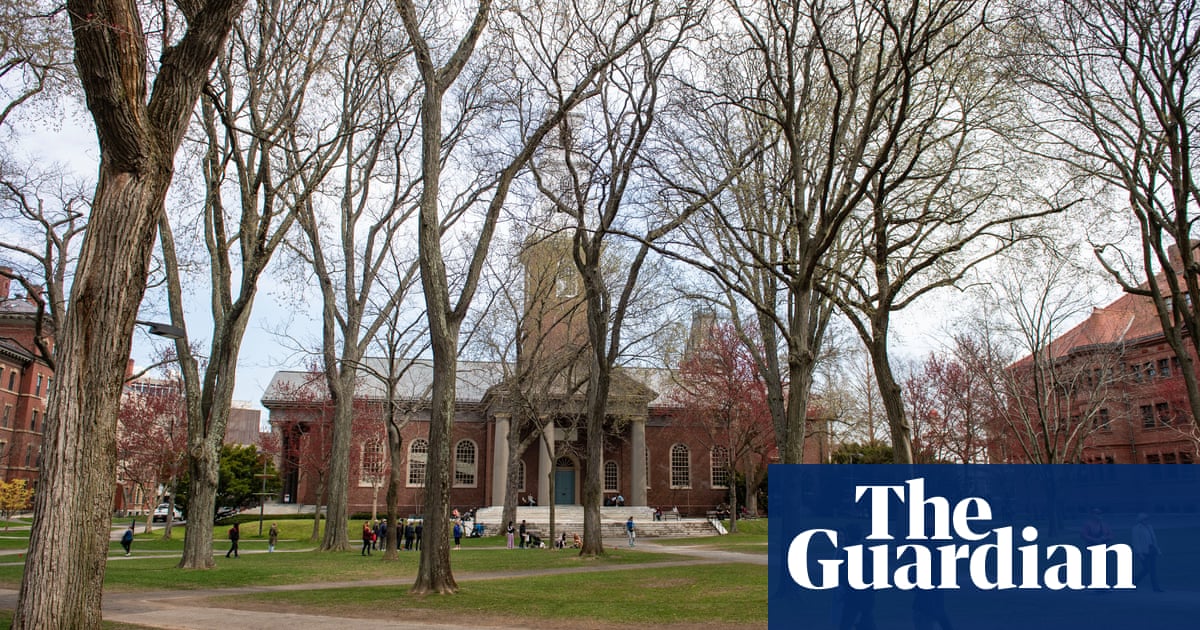Germany’s biggest mainstream parties have sealed an agreement to form a government keeping the far right out of power, as Europe’s top economy struggles to reverse a downturn and gird itself for the potentially catastrophic impact of new US tariffs.
The prospective chancellor Friedrich Merz’s conservative CDU/CSU announced the breakthrough deal with the centre-left Social Democrats (SPD), which had led the ruling coalition since 2021.
The 146-page “Responsibility for Germany” roadmap “is a very strong and clear signal to the citizens of our country. And it is also a clear signal to our partners in the European Union,” said Merz during a news conference with his coalition partners.
“Germany is back on track,” he added.
The compromise package, which Merz had aimed to have completed by Easter, must still win majority approval among the SPD’s 357,000 members via an online ballot as well as from the leadership of the CDU and CSU, known as the Union parties.
Assuming those hurdles are cleared by the end of April, Merz could be sworn in before the Bundestag in early May, realising a decades-long dream for the longtime rival of the veteran leader Angela Merkel.
The agreement includes tax breaks for low- and moderate-income households, phased-in tax reductions for corporations, subsidies for electric cars to help the ailing auto industry and further reform of the “debt brake” seen as hobbling public investment.
On border policy, a pivotal issue in the campaign after a series of attacks blamed on asylum seekers, Merz said Germany would “effectively put an end to irregular immigration” and aim to cooperate with neighbours to turn back people at the frontier.

But the SPD co-leader Lars Klingbeil, who is expected to become vice-chancellor, insisted the government would work on the principle that the “basic right to asylum remains inviolable” and that “Germany is a country of immigration” that benefits socially and economically from newcomers.
He said the coalition would lead a modernisation drive in a nation often criticised as slow to change. “The excavators have got to get to work and the fax machines must go,” Klingbeil said.
Germany has been in protracted political limbo since the chancellor, Olaf Scholz of the SPD, whose fractious three-way coalition was deeply unpopular, in November announced the collapse of the government and called for an early election.
In the 23 February poll the CDU/CSU came out on top with 28.5%, ahead of the anti-immigration, pro-Kremlin Alternative für Deutschland (AfD) on 20.8% – the strongest showing for a German far-right party since the second world war.
The SPD turned in a dismal 16.4% result but became Merz’s only potential partner in a two-way coalition given a pledge by the centrist parties to lock out the AfD.
That do-or-die situation strengthened the Social Democrats’ hand in the coalition negotiations, leading Merz to water down a number of campaign pledges including strict fiscal discipline, major tax breaks for corporations and wealthy individuals, and an uncompromising line on immigration.
The SPD extracted a pledge to keep pensions at the current rate until 2031, and will have control of powerful briefs including the finance and defence ministries.
The Union will take over the foreign and interior ministries. The latter steers immigration and domestic security policy – core issues for the conservatives as they scramble to fend off the far-right challenge.
Merz, a wealthy former corporate lawyer, largely stuck to a pledge during the month-long talks to avoid the spotlight despite a deluge of troubling economic news, leaving an opening for AfD leaders to hammer the mainstream parties as unfit to steer the ship through the storm.
The far right has only gained in support since the election, with one poll on Wednesday showing the AfD in first place with 25%, ahead of Merz’s CDU/CSU on 24%.
“The AfD has become the strongest force in Germany for the first time in the polls!” the party co-leader Alice Weidel cheered on X. “Citizens want political change and not a more-of-the-same coalition between the Union and the SPD!”
Turmoil on global markets and fears for the postwar order of transatlantic cooperation have also taken a toll on Merz’s personal popularity, with many Germans doubting his leadership abilities in a time of converging economic, diplomatic and security crises.
A Forsa institute poll released on Monday showed that only 32% thought Merz was the right person to be chancellor, down from 40% in early March, with 60% saying they disapproved of him.
Germany’s lengthy political vacuum amid an extended economic slump has also frustrated allies looking to the European heavyweight to show leadership in the face of Donald Trump’s erratic course on trade and defence and an emboldened Russia.
Merz has pledged to maintain Germany’s strong backing for Ukraine while mending frayed ties with neighbours including France and Poland and fostering “independence” from Washington under Trump.
He has already encouraged many partners by agreeing last month to a historic pact to loosen rules on running up debt to allow for steeper defence spending and boost sorely needed investment in infrastructure.
The move to release the “debt brake” has, however, met with criticism from within his own conservative camp and drawn attacks from the AfD as breaking with German fiscal orthodoxy.
Merz on Wednesday acknowledged his centrist government must use its four-year term to address voters’ growing disillusionment or risk the AfD coming out on top at the next general election.
“That is our mission: to show that problems can be solved by the political centre of our country,” he said.

.png) 6 days ago
9
6 days ago
9

